Managing expenses using a credit card is a common practice, whether they are personal or business-related. But when it comes to business expenses, the question arises: can i use a personal credit card for business? The short answer is yes, but there are important factors to consider. In this comprehensive guide, we’ll explore the pros and cons, legal implications, and the best credit card options available to young adults, including business-friendly alternatives.
Why Would You Use a Personal Credit Card for Business?
For many entrepreneurs, freelancers, and small business owners, using a personal credit card for business might seem like a convenient solution. Here are some reasons why:
- Ease of Access: Personal credit cards are often easier to obtain compared to business credit cards, especially for those just starting out.
- No Need for a Separate Account: Some people prefer to keep things simple by using one card for all expenses.
- Building Credit: If you’re a young adult, using a personal credit card responsibly can help build your credit score.
- Rewards and Perks: Personal credit cards often come with attractive rewards, cashback, or travel benefits that can be used for business purposes.
However, there are key drawbacks and potential risks to consider before using a personal credit card for business purposes.
Drawbacks of Using a Personal Credit Card for Business
Benefits of a Business Credit Card
While personal credit cards can be useful for business expenses, they come with limitations and risks:
- Difficulty in Tracking Expenses: Mixing personal and business transactions can make accounting and tax preparation more complicated.
- Legal and Tax Implications: Using a personal card for business may blur the lines between personal and business finances, potentially exposing you to liability issues.
- Limited Credit Lines: Personal credit cards often have lower credit limits compared to business cards.
- Missed Business-Specific Benefits: Business credit cards offer features like higher cashback on office supplies or travel perks tailored for businesses.
Switching to a business credit card offers several advantages, including:
- Clear Separation of Finances: Keeping business and personal expenses separate simplifies bookkeeping.
- Higher Credit Limits: Business cards often come with higher credit lines, allowing for more significant expenses.
- Enhanced Rewards: Many business credit cards offer rewards specifically designed for business-related spending.
Access to Employee Cards: Business credit cards often allow you to issue additional cards for employees, with spending limits and tracking tools.
Best Credit Cards for Young Adults That Can Be Used for Business
If you’re a young adult looking to use a credit card for both personal and business expenses, here are some top options to consider. These cards are chosen based on their rewards, credit-building potential, and flexibility.

- Why It’s Great: Ideal for students and young adults starting their financial journey.
- Key Perks:
- 5% cashback on rotating categories.
- 1% cashback on all other purchases.
- No annual fee.
- Cashback match for the first year.
- Free access to your FICO score.
- Flexible redemption options.
- Great for building credit history.
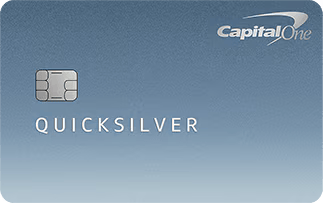
2. Capital One Quicksilver Student Cash Rewards Credit Card
- Why It’s Great: Perfect for straightforward cashback rewards.
- Key Perks:
- Unlimited 1.5% cash back on all purchases.
- No annual fee.
- No foreign transaction fees.
- Travel accident insurance.
- Access to Capital One’s CreditWise for monitoring credit.
- 24/7 customer support.
- Automatic credit line reviews.
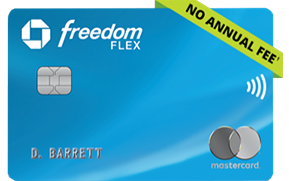
3. Chase Freedom Unlimited®
- Why It’s Great: A versatile card with valuable cashback rewards.
- Key Perks:
- 1.5% cashback on all purchases.
- 3% cashback on dining and drugstore purchases.
- Introductory 0% APR for 15 months.
- No annual fee.
- Access to Chase Credit Journey.
- Purchase protection and extended warranty coverage.
- Great for young adults with good credit.

- Why It’s Great: Designed specifically for small businesses.
- Key Perks:
- 2% cashback on eligible business purchases up to $50,000 annually.
- 1% cashback thereafter.
- No annual fee.
- Expense management tools.
- Employee cards at no additional cost.
- Expanded buying power beyond your credit limit.
- Amex Offers for additional savings.
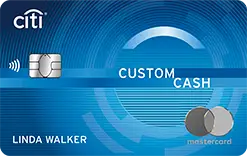
- Why It’s Great: Ideal for straightforward rewards and payment flexibility.
- Key Perks:
- Earn 2% cash back—1% on purchases and 1% when you pay your bill.
- No annual fee.
- Low introductory APR for balance transfers.
- Easy rewards redemption.
- Extended warranty protection.
- Zero liability for unauthorized charges.
- Suitable for personal and business expenses.
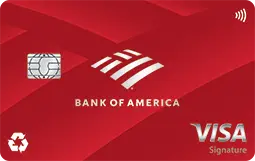
- Why It’s Great: Offers flexible cash back categories.
- Key Perks:
- 3% cashback on a category of your choice.
- 2% cashback on groceries and wholesale clubs.
- 1% cashback on other purchases.
- No annual fee.
- Introductory 0% APR for balance transfers.
- Mobile banking features for account management.
- Free FICO score updates.

- Why It’s Great: Tailored for small businesses and freelancers.
- Key Perks:
- Unlimited 1.5% cash back on every purchase.
- $750 bonus after spending $6,000 in the first three months.
- Free employee cards with spending limits.
- No annual fee.
- Purchase protection.
- Travel and emergency assistance services.
- Integration with accounting tools.
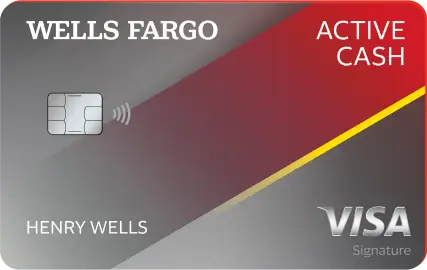
- Why It’s Great: Simple and unlimited cashback rewards.
- Key Perks:
- Earn 2% cashback on all purchases.
- $0 annual fee.
- Introductory 0% APR for purchases and balance transfers.
- Contactless payment option.
- Zero liability for unauthorized transactions.
- Travel and emergency assistance.
- Easy rewards redemption.

- Why It’s Great: Perfect for young adults with no prior credit history.
- Key Perks:
- Earn 1% cash back immediately, up to 1.5% with on-time payments.
- No annual fees, late fees, or foreign transaction fees.
- Reports to all three credit bureaus.
- Free financial management tools.
- Competitive credit limits for new users.
- No security deposit required.
- Helps build credit responsibly.
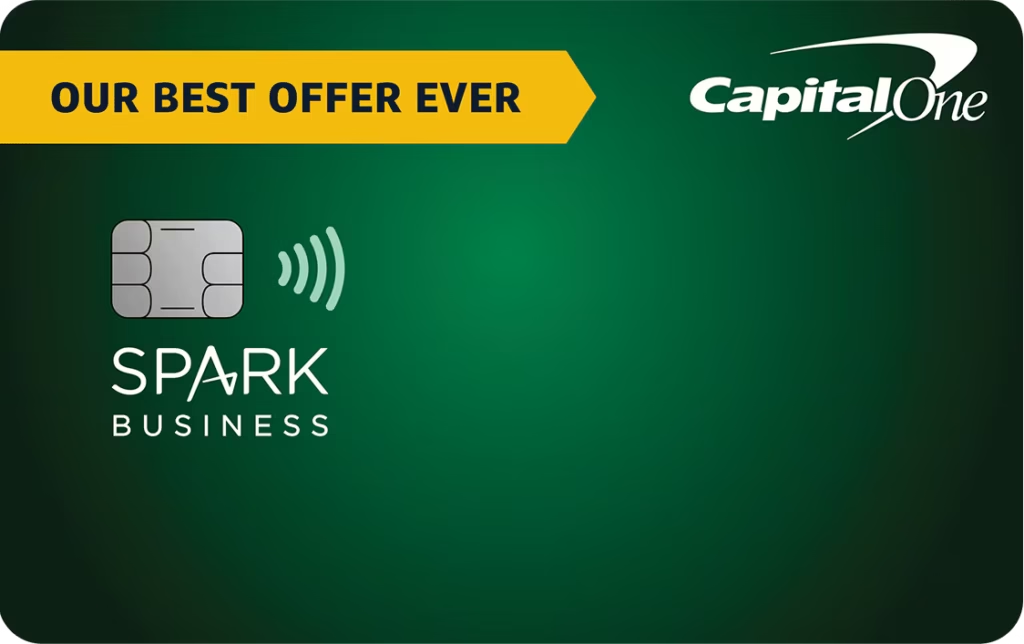
- Why It’s Great: A straightforward cashback card for business owners.
- Key Perks:
- Unlimited 1.5% cash back on all purchases.
- No annual fee.
- Free employee cards.
- Purchase records for bookkeeping.
- No foreign transaction fees.
- Fraud coverage and alerts.
- Ideal for young entrepreneurs.
How to Choose Between a Personal and Business Credit Card
Deciding whether to use a personal or business credit card depends on your situation:
- For Sole Proprietors: If your business is small and you have no employees, a personal card might suffice initially.
- For Growing Businesses: As your business scales, switching to a dedicated business card is advisable.
Consider Your Goals: Are you focused on building personal credit or maximizing business rewards? Your answer will guide your decision.
Tips for Using a Personal Credit Card for Business

Using a personal credit card for business expenses can be manageable if you follow these detailed best practices:
Track Expenses Separately:
- Maintaining clear records is crucial. Use accounting software such as QuickBooks or Wave to categorize personal and business expenses accurately.
- Set aside time weekly or monthly to review your spending and ensure proper categorization.
- Consider using physical or digital receipt-tracking tools to further streamline this process.
Pay Your Bill in Full:
- Carrying a balance can lead to high-interest charges, eating into your business’s cash flow. Paying the full balance monthly avoids this issue.
- Set up automatic payments to ensure you never miss a due date and avoid late fees.
Monitor Your Credit Utilization:
- Aim to keep your credit utilization ratio below 30%, as a higher ratio can negatively impact your credit score.
- For example, if your credit limit is $10,000, try to keep your balance under $3,000 at any given time.
- If your utilization regularly exceeds this, request a credit line increase or consider applying for an additional card.
Be Aware of Rewards Caps:
- Many personal credit cards cap rewards in specific spending categories like dining or travel. Read the terms of your card carefully to understand these limitations.
- Focus your spending in categories that offer the highest rewards and consider diversifying cards to maximize benefits.
Understand Tax Implications:
- Business-related expenses charged on a personal credit card can still be deductible, but proper documentation is key. Retain receipts and records for tax filing.
- Consult a tax advisor to ensure you’re deducting all eligible expenses, such as office supplies, travel, and client entertainment.
Avoid Mixing Personal and Business Expenses:
- While it may be tempting to use one card for simplicity, mixing expenses can complicate bookkeeping and tax filing.
- Consider dedicating one personal card solely for business use to keep things cleaner.
Monitor Your Credit Regularly:
- Using your personal credit card for business can significantly affect your personal credit score.
- Check your credit reports regularly via free tools like Credit Karma or through your credit card issuer’s monitoring services.
- Watch for errors or suspicious activity that could impact your credit standing.
Stay Within Your Budget:
- Treat your credit card as a tool, not as an extension of your cash flow. Create a business budget and stick to it.
- Avoid overspending, as this can lead to financial strain or debt accumulation.
Communicate with Your Card Issuer:
- Inform your credit card company if you plan to make large purchases to avoid potential holds or declines.
- Ask about any business-specific perks or features that might be available even on personal cards.
Evaluate Your Card Periodically:
- Reassess your credit card’s benefits every six months to ensure it still aligns with your business needs.
- Consider upgrading to a business credit card when your business finances and operations grow.
By adhering to these best practices, you can responsibly use a personal credit card for business expenses while protecting your financial health and staying compliant with tax regulations.
Conclusion: Is a Personal Credit Card Right for Your Business?
Using a personal credit card for business can be a temporary solution, especially for young adults just starting out. However, as your business grows, switching to a dedicated business credit card is a smart move to simplify finances, maximize rewards, and build business credit. Whether you choose a personal or business card, the key is to use it responsibly and align it with your financial goals.
By exploring the best credit cards for young adults and assessing your needs, you can make an informed choice that benefits both your personal and professional finances.

